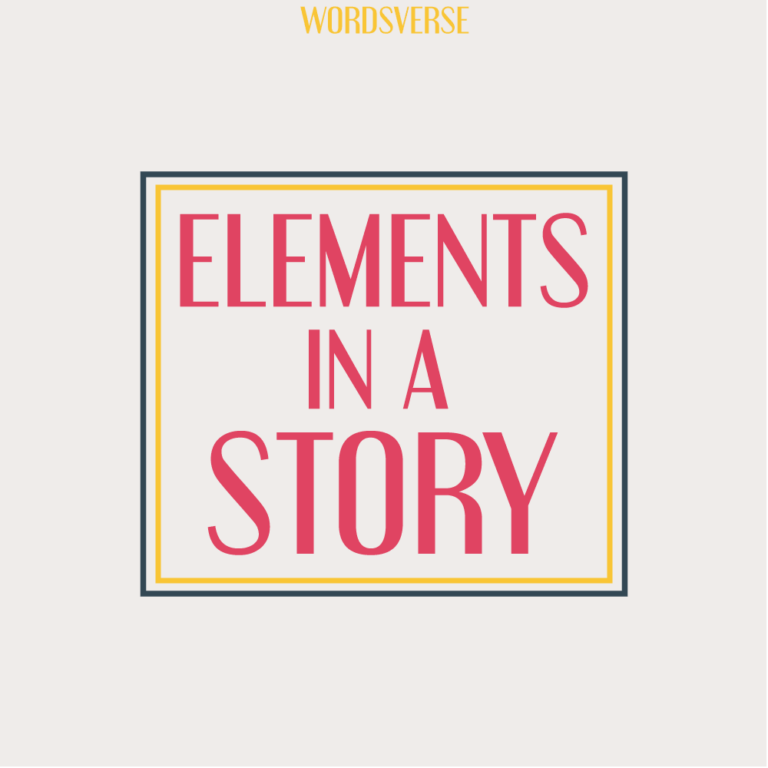The conflict between people who prefer movies to books has been in society since time immemorial. The conflict is bound to happen as these books vs movies have equally strong opponents on each side. Books are known for their connectivity and the power to engage. Movies are the hot new way of storytelling. So move aside the ancient book, said the movies.
So which one is better? The classic pulp with black marks or the digital colorful movie with sound and far better immersive aspect?
The question of books vs movies can have two outcomes. One where books win and this will be for the people of love books and the other will be where the movies win, for the people who love movies. So the real contest is between bibliophiles and cinephiles. Who am I? The mediator.
Books vs movies: Why a comparison?
First I’d like to be the diplomat here and propose that there need not be such a violent clash between the two. Books are great in their department and movies are great in theirs. What’s the point of comparing the two.
One was made when the other wasn’t around. The other came and albeit it is far more advanced and far more immersive, it is a lot more dependent on other technologies. Books, they are as independent as a person trying to speak.
But the cinephiles and bibliophiles protested. We want an answer they said. We need to prove why one is better than the other. Alright alright, I’ll do the comparison and don’t blame me if one loses. Because one will.
Let me give you a sneaky spoiler. The books are going to win this. And assuming that you reading this shows me that you are one such bibliophile. So I guess no repercussions in the comments section. Let’s begin.
What books have to offer.
The first and the most important quality of the book is the ease of use. No TV? No smartphones? Don’t have tablets? No worries. Your book is made to work at any pressure, and gravity, any weather. All you need is your eyes and a book. That easy.

Books don’t need electricity to work. They are the most easily available and consumable form of entertainment. Not just that. Books are also a relatively easier way of putting your story out. I mean, you can thin of self-publishing your book successfully but you are not getting your own show.
This makes more variety of stories available to the consumers. That is there are so many books out there in the market with so many unique stories. This is definitely a plus point for books.
Books can show you what the characters are thinking.
In this contest between books vs movie, a heavy blow to the movies is by the books with the power to show thoughts. Movies can do that but they have to be subtle and communicate only via expressions. Books? Just write a paragraph about how the character was feeling of thinking at the moment.
One example is A Game of Thrones, the book, first one. In the scene when King Robert arrives in Winterfell, Arya Stark is looking at them and thinking how unsuitable the man looked for a king. One the other hand, Jamie Lannister looked more like a king. This was not possible to be shown in the TV series episode. They can’t just make Arya talk about everything she sees. So you get to know those characters so well and so deeply, that you become the character.
Movies lack you. Books have you.
Since you can read all about the character’s thoughts and feelings, you are not a spectator anymore, you are the character you are reading. It is like you are thinking about what the character is thinking. This massively increases the engagement of your mind. Books get you inside them.

Movies cannot do that. You are always watching the protagonist. You may sympathize with them, you may like them and you may even hate them, but you can never be them. You’ll always be a third person, watching some people talk and interact.
This can also be stated as the paradox of engagement. Movies with their brilliant visuals and immersive sound and breathtaking acting are supposed to be more engaging than reading a book. But the reality is the opposite. And the reason is in the paragraph above this one.
The time crunch for movies
I’ll have to give movies this a pass. They cannot show each and every thought of each and every character in the book if the book has been adapted into a movie. Movies are limited to 1.5 to 3 hours. Even 3 hours is a stretch. Anything over 2 hours seems boring and tiring. So the movie makers and scriptwriters have to make a pile of everything they have taken from the book, cram it down and then try to fit inside this box called a movie. If it doesn’t fit? Well take a scissor and cut the not-so-important parts. But that has consequences.

Take the example of the book Shining by Stephen King. The book is brilliant. It is gripping, it is creepy, it is scary and it keeps you interested with all the little things and details. Now take the Stanley Kubrick’s Shining. It is a massive pile of garbage that has been hailed as one of the best horror movies ever. It is like the director took the rights just because he liked the concept and nothing else. Even Stephen King agrees that Kubrick butchered the adaption. And the shining is 3 hours long.
Books are there for months
Your relationship with movies starts with a bang. It is quick, it is fast-paced and it is like nothing else. But soon you start to notice that this relationship is deteriorating. And within 2 hours, this relationship is no more than just a memory, soon to be sent into some obscure portion of your mind.
Books want to take things slow. They want to know you better, they want to grow on you and as a result, your relationship with books is far stronger and healthier. You spend months with the books, learning about its details, imagining things with it, learning new ideas. And if the book is one such as Remembrance of Things Past or War and Peace, you might even have anniversaries with them. This long and strong relationship leaves a deeper impact and a lasting impression on our minds. You love books more than movies.
Physical contact
Movies are non-tactile. You cannot touch a movie, especially now. They are digital souls bound only to show you a face on the TV screen. They are in Netflix, Prime, Disney+, etc but not in your hands. When they were, in the form of VHS or DVDs in the past era, they only stayed with you for a minute, until you shoved them away into the depths of the VHS player or DVD player.

Books are tactile and they stay with you whenever you are with them. You touch it, flip it, rub it and sometimes even lick it ( don’t, don’t lick it directly). This again creates a beautiful connection between you and the book, offering a far better experience.
Books are as free as your imagination
The characters in the movie are already planned. They are cast by the casting director and there is nothing you can do about it. So you have to follow the story that way the director imagined it. That is not the case for books and this is the advantage it gets in this books vs movie debate.
Books have characters that are imagined by everyone who reads it. There is no one version that is the real one, not even the authors. Anyone who reads the book can character the way the people, the places look in the story. This makes the story more personal and more connective.

So there it is the debate between books vs movies. Clearly you can see that I have a favored book because it has its quality. This does not imply that movies are bad. Movies are great entertainers and are really great conveyors of story. You can watch a story in just under 2 hours with movies. Isn’t that great?
What I think everyone should get is both have their pros and cons and all it boils down to is preference. What people prefer is what people will like. So go ahead, read a book or watch a movie, it is all about the story.







